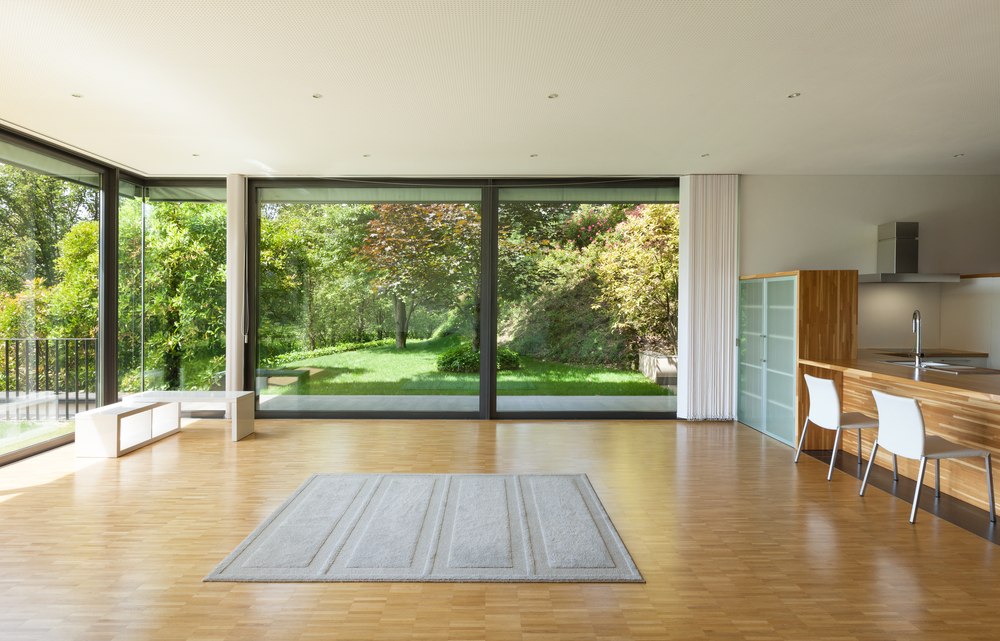Home Additions for Expanded Living Space: A Smart Investment for Multi-Generational Living in Plymouth County, MA

As housing trends evolve, homeowners are increasingly looking to expand their living spaces to accommodate changing lifestyles. In Massachusetts, where real estate is competitive and the need for flexible living arrangements is growing, home additions have become a popular solution. Whether it’s adding an extra bedroom for family members or creating a home office, these expansions offer significant benefits for those who want to maximize their home’s utility without moving.
Multi-Generational Living: A Key Driver
One of the major reasons for the rise in home additions is the growing trend of multi-generational living. Many families now see the value of housing several generations under one roof, whether to care for aging parents, provide a living space for adult children, or offer more room for extended family members. Building additions, such as extra bedrooms or in-law suites, allow for privacy while maintaining a communal family atmosphere .
Types of Popular Additions
1. In-Law Suites: These are self-contained living areas added onto a house, typically including a bedroom, bathroom, and sometimes a kitchenette. In-law suites offer older family members a sense of independence while remaining close to the rest of the household.
2. Home Offices: With remote work becoming the norm for many, adding a home office can increase productivity and create a quiet, designated workspace.
3. Expanded Living Areas: Many homeowners choose to expand common areas like living rooms, kitchens, or dining rooms to accommodate larger gatherings. This is especially beneficial for those who regularly host family events or simply want more space for day-to-day living .
Financial and Lifestyle Benefits
Home additions often increase property value significantly, especially when done with high-quality materials and energy-efficient designs. In Massachusetts, the cost of these additions can be offset by state incentives that encourage energy-efficient building practices.
Moreover, by staying in their current homes, homeowners avoid the hassle and cost of buying a new house. For families with children, this also means stability—no need to switch school districts or disrupt routines.
Design Considerations for Massachusetts Homeowners
When planning a home addition, it’s essential to consider factors like the architectural integrity of the house, zoning regulations, and energy efficiency. Massachusetts offers various incentives for energy-efficient home improvements, such as improved insulation and electrification of HVAC systems . These elements not only make the home more comfortable but also align with the state’s commitment to reducing its carbon footprint.
For homeowners in Massachusetts, expanding living space through home additions is a smart investment that enhances both functionality and property value. Whether driven by the need for multi-generational housing or the desire for additional amenities like home offices, these additions are increasingly seen as a practical, cost-effective way to adapt to modern living needs.
If you’re considering a home addition, careful planning and a focus on energy efficiency can ensure your new space meets the needs of your family today and in the future.
